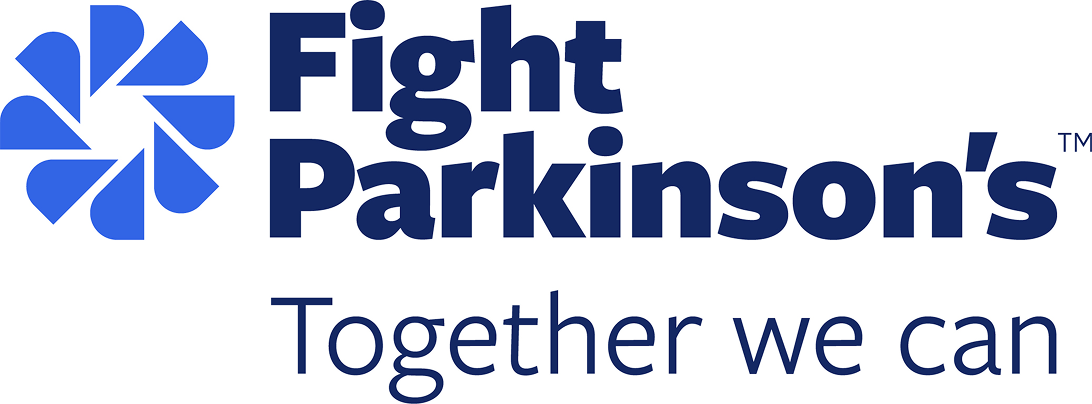Some people with Parkinson’s may find they have difficulties with eating, swallowing, and saliva control at some stage of their journey with Parkinson’s.
Parkinson’s can cause the muscles in the jaw and face to become stiff which affects the control of chewing and swallowing.
Another symptom of Parkinson’s can be producing excessive saliva. The stiffer facial muscles can change the nature of saliva, which may become thicker and stickier.
Parkinson’s and eating and swallowing
The medical term for swallowing difficulties is dysphagia. Some of the signs of dysphagia are:
- Coughing when eating or drinking
- Gurgly-sounding voice
- Difficulty swallowing certain foods, fluids, or medications
- Meals taking longer to finish than usual
- Unexplained weight loss
- Repeated chest infections
- Beverages needed to wash down food
- Drooling
- Inability to clear food from the mouth
- Choking on foods, liquids, or saliva
- Loss of appetite.
A person with dysphagia is at risk of weight loss, malnutrition, and dehydration. Dysphagia can also result in food or drink ‘going down the wrong way’ which can lead to chest infections and sometimes pneumonia. Dysphagia can impact on quality of life as the person affected may not enjoy eating, feel embarrassed, and become anxious about eating. Swallowing difficulties may also make it more difficult to take your medications.
Useful tips
Strategies to overcome swallowing problems include:
- Ask your GP for a referral to see a speech pathologist who will assist with exercises to strengthen swallowing and reduce difficulties created by saliva. They may recommend some changes to your diet or consistency of food and fluid to make it safer to swallow
- Sit up straight when eating and drinking
- Take small mouthfuls and sips
- Have one sip of drink at a time
- Reduce distractions and avoid talking whilst chewing and swallowing
- Be alert to fever and coughs and seek help immediately when they occur
- Eat and drink during your medication ‘on’ period.
Parkinson’s and saliva management
Saliva is necessary for digestion. It lubricates the throat to make swallowing easier and contains chemicals that break down food. Saliva also assists with oral hygiene as it helps break down plaque. Some people with Parkinson’s develop problems controlling their saliva, which can lead to drooling or dribbling. The medical term for this is sialorrhea. Research shows that this can affect more than half of people with Parkinson’s.
When you have Parkinson’s, the natural tendency to swallow slows down. If you swallow less, saliva can pool in your mouth and, instead of being swallowed, it can overflow from the corners of your mouth. This may happen when you’re concentrating on other things, such as watching TV or doing daily chores.
Saliva problems can lead to cracks developing in the corners of your mouth, which can lead to talking, eating, or drinking difficulties. It can also lead to problems with your teeth and infections in your mouth.
Useful tips
- Improve your posture. The way you sit can help
- Get a referral from your GP to see a speech pathologist
- Make a conscious effort to swallow your saliva often
- Be aware of foods that stimulate or make saliva stickier e.g. sugary or milky drinks
- Ask your GP or specialist for medication that can help control saliva production.
Practice these exercises:
- Improve the seal of your lips by closing your lips as tightly as possible for a count of four, relax, and then repeat five times
- Smack you lips together as if puffing a pipe
- Stretch your lips in a wide smile, hold for a count of four and relax
- Purse your lips as if you’re going to whistle or kiss someone, hold for a count of four and relax.
Dry mouth problems
Many people with Parkinson’s experience dry mouth problems. This may be linked to Parkinson’s medication. Saliva acts as a lubricant during chewing and swallowing and therefore a dry mouth may feel uncomfortable. Saliva also has antibacterial properties to protect the teeth and mouth from decay and to neutralise acidic foods.
Useful tips
- Ask your GP for a referral to a dietician to get advice about your diet as some foods make dryness worse
- Take frequent sips of water, so that you’re not dehydrated
- Use lip balm to keep your lips moist, particularly the corners of your mouth
- Remove and clean dentures at night to give your mouth a chance to recover
- Oral lubricants and artificial saliva are available from your local pharmacist
- Regularly visit your dentist.
Support for you
- A speech pathologist can identify specific areas of difficulty – for example poor posture, lip seal, swallowing problems, tongue awareness – and suggest exercises to help overcome these problems. They can also help you with exercises to achieve good lip seal and can advise on some of the devices available to re-train your lips to seal effectively.
- A physiotherapist can advise exercises to improve posture so that saliva doesn’t pool at the front of your mouth.
- An occupational therapist can advise on seating that will improve swallow.
- Your GP or specialist can offer medication advice.
- Call the Fight Parkinson’s Health Team on 1800 931 031.
- Email [email protected]

